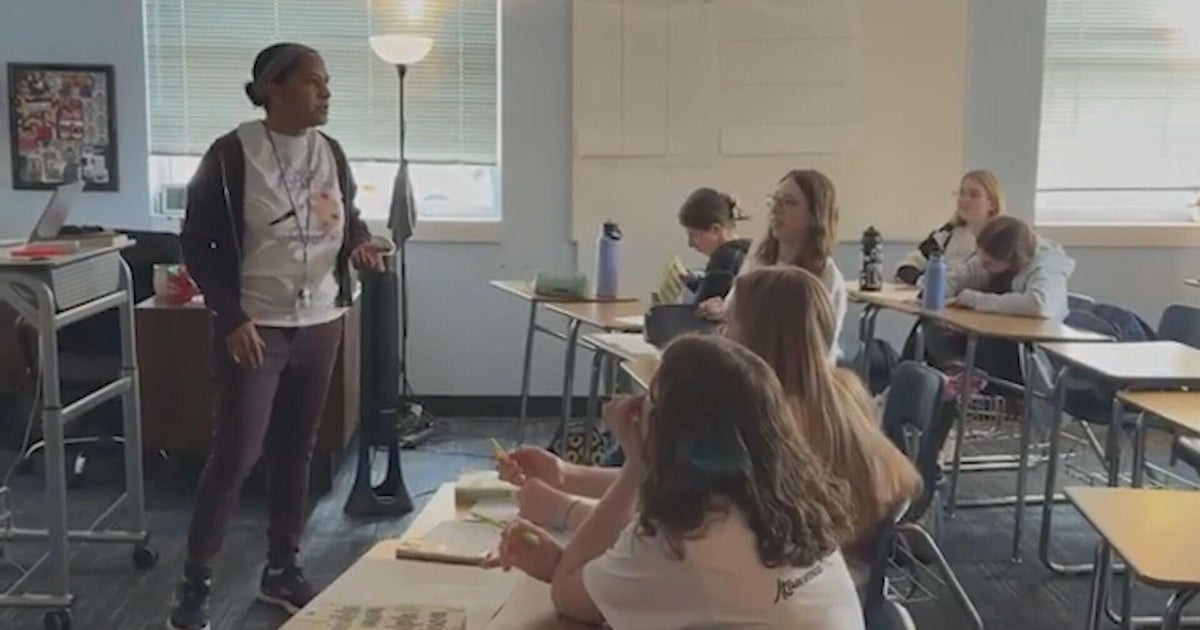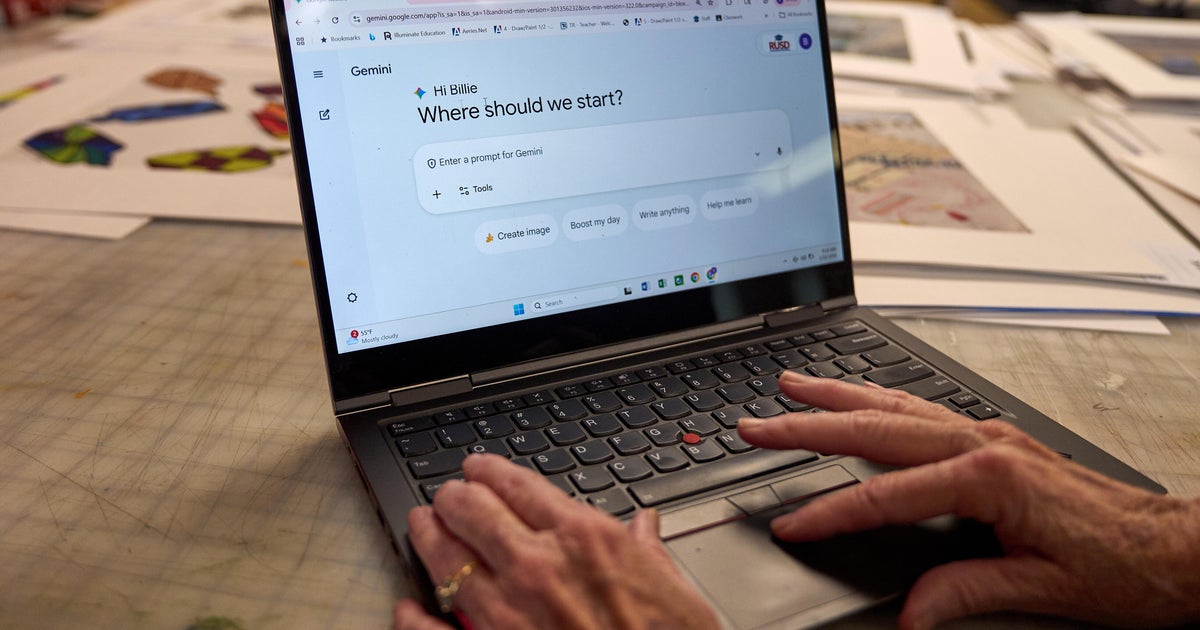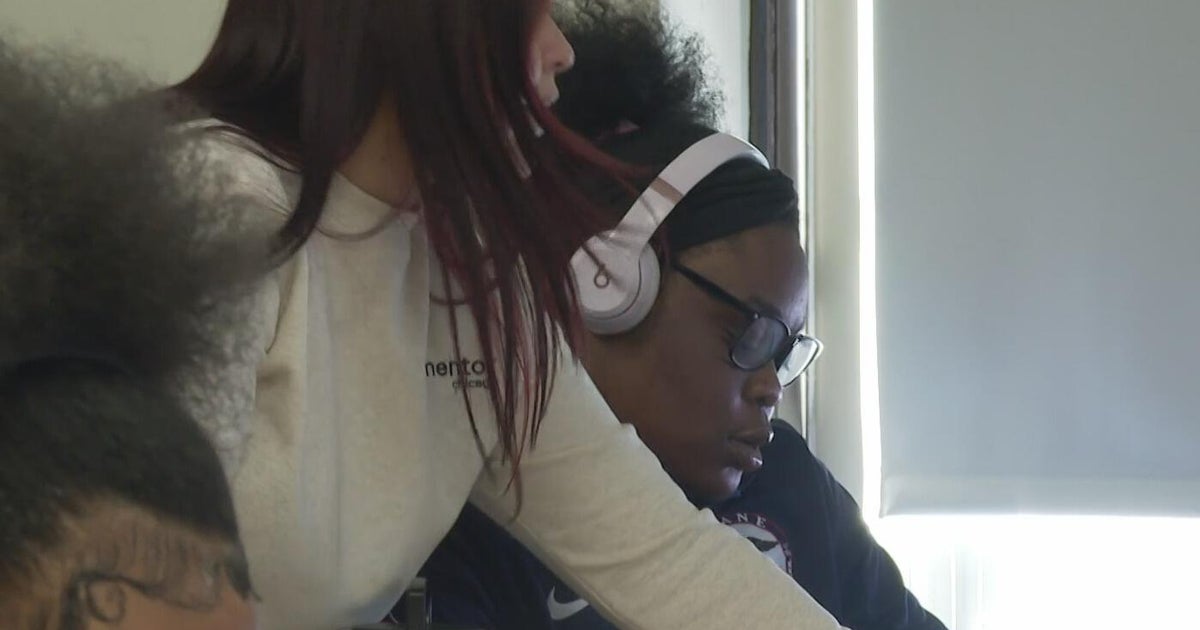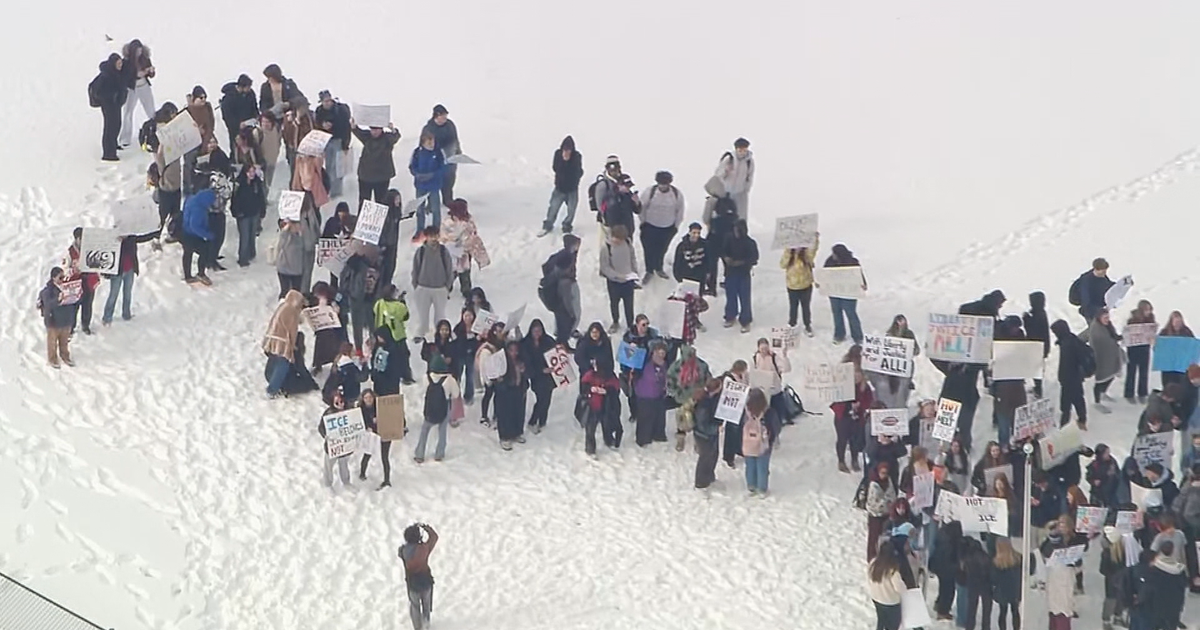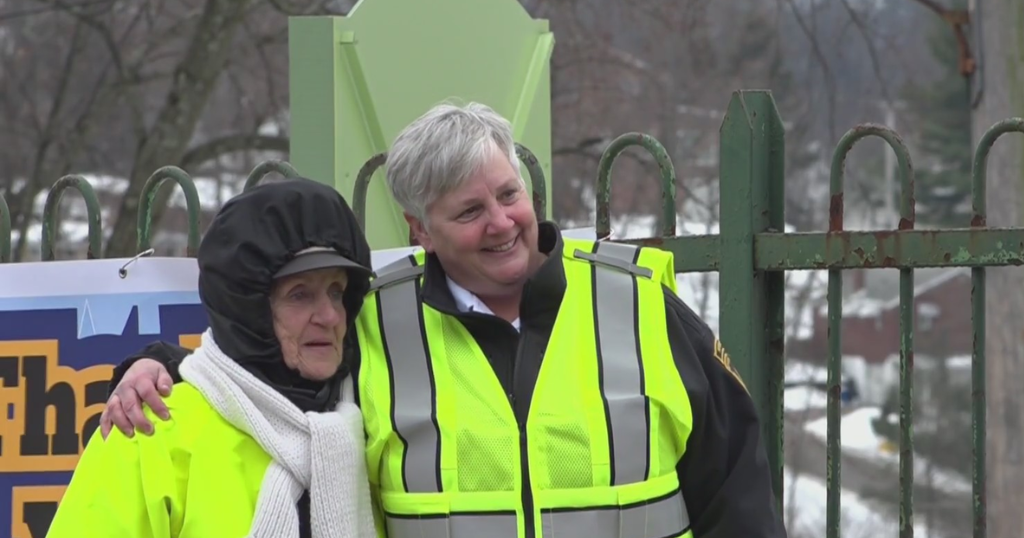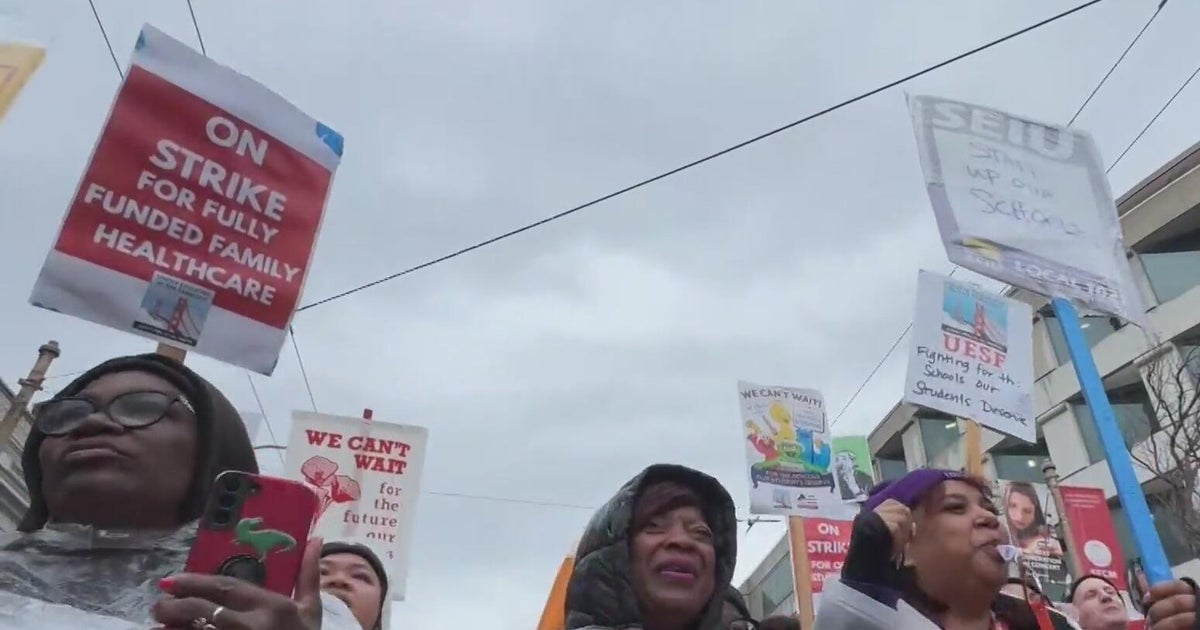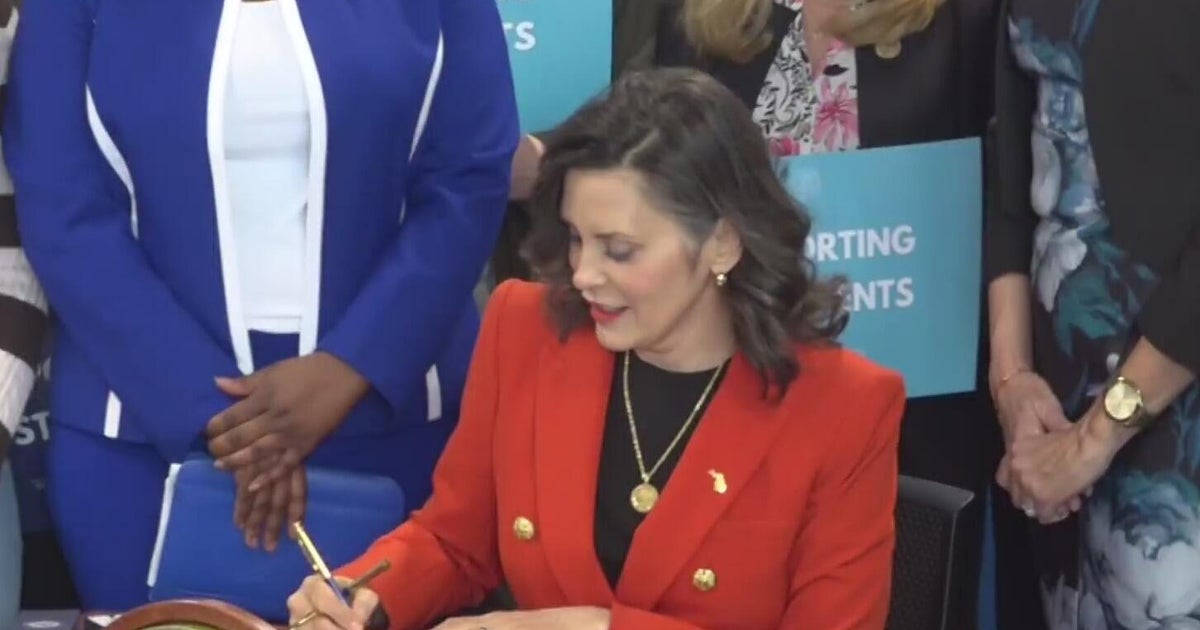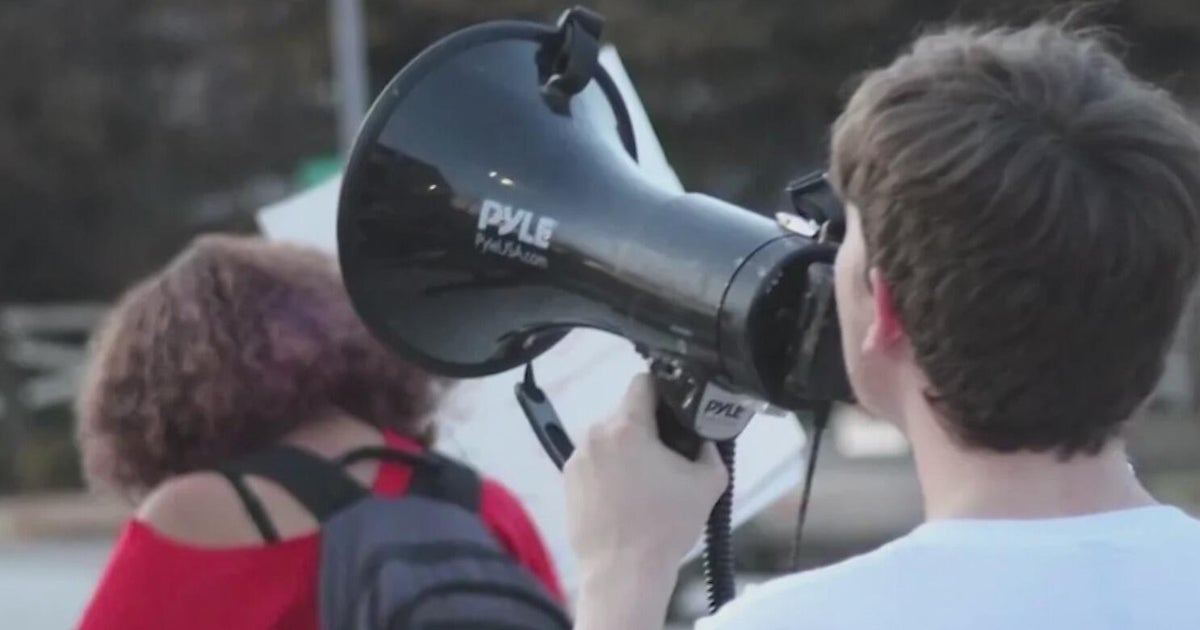AAPI curriculum launching in select New York City schools this fall
NEW YORK -- For the first time in history, the culture and contributions of Asian Americans and Pacific Islanders is going to be taught in New York City classrooms.
The curriculum is launching in select schools this fall before expanding citywide in 2024.
CBS2's Lisa Rozner got a preview and spoke with AAPI students about the change.
"For me, growing up, I didn't really think that I fit into any of, like, the lessons taught in school," said Aqida Rama, a junior at Brooklyn Technical High School.
Aqida tells Rozner she has endured having classmates tell her she is American Indian and not Asian and her peers ridiculing a sari she wore for a school's themed Cultural Day.
"They asked me why I was wearing a Halloween costume, and it made me feel like nobody really cared about my culture," she said.
A culture that is a part of one of the more than 50 ethnic groups that speak over 100 languages and are considered to be Asian American and Pacific Islander.
RELATED STORY: New York City schools to teach AAPI heritage under new curriculum
New York City is home to more than 1 million AAPI New Yorkers.
"I think we really need to highlight the diversity in the AAPI community," said Anna Lu, a Stuyvesant High School alumna.
And break down harmful stereotypes.
Rozner spoke to student advocates involved with the Coalition for Asian American Children and Families. The nonprofit is one of several stakeholders working with the Department of Education on incorporating AAPI history into select social studies curriculums for the 2022-23 school year in New York City.
"If not for Black civil rights leaders changing the immigration law for 1965, my family would not be here, so really understanding that and understanding those connections is really important," said Vanessa Leung, the coalition's co-executive director.
Students will learn about people who have made history, including Wong Chin Foo, the founder of the first Chinese-American newspaper.
The Museum of the City of New York is compiling profiles: Patsy Mink, of Hawaii, who was the first Asian-American woman elected to Congress; Kalpana Chawla, the first woman of Indian origin to go into space, and Mabel Lee.
"At the age of 16, [Lee] led a women's, she helped lead and organize a women's suffrage march," said Maeve Montalvo, director of the FAO Schwartz Center for Education at the Museum of the City of New York.
"When women gained the right to vote in 1920 in the United States, [Lee] was not eligible because she had been born in China," said Vivian Louie, director of the Asian American Studies Program at Hunter College. "Nevertheless, she continued to fight."
A post office building on Pell Street is named in her honor, reminding everyone that AAPI history is American history.
As part of the program, the DOE will purchase and make available culturally diverse AAPI books.

